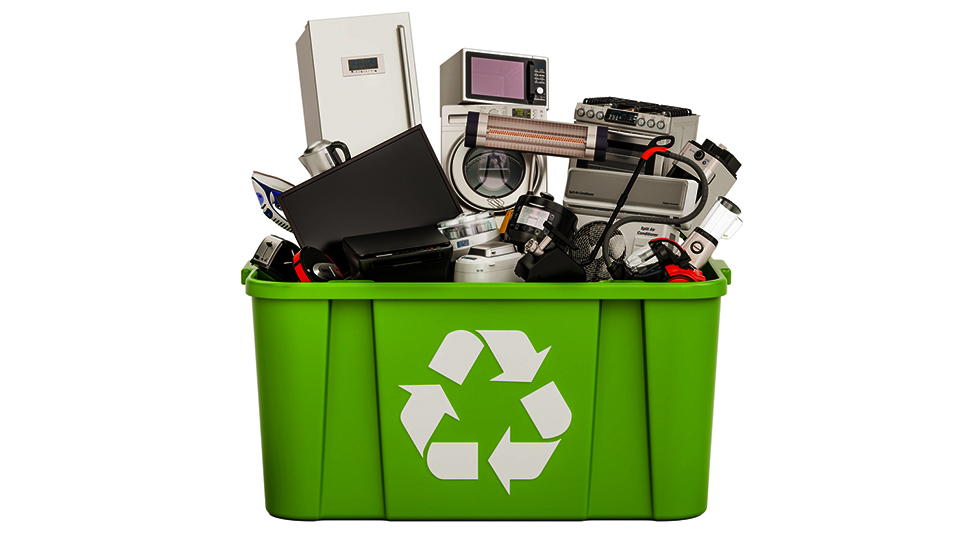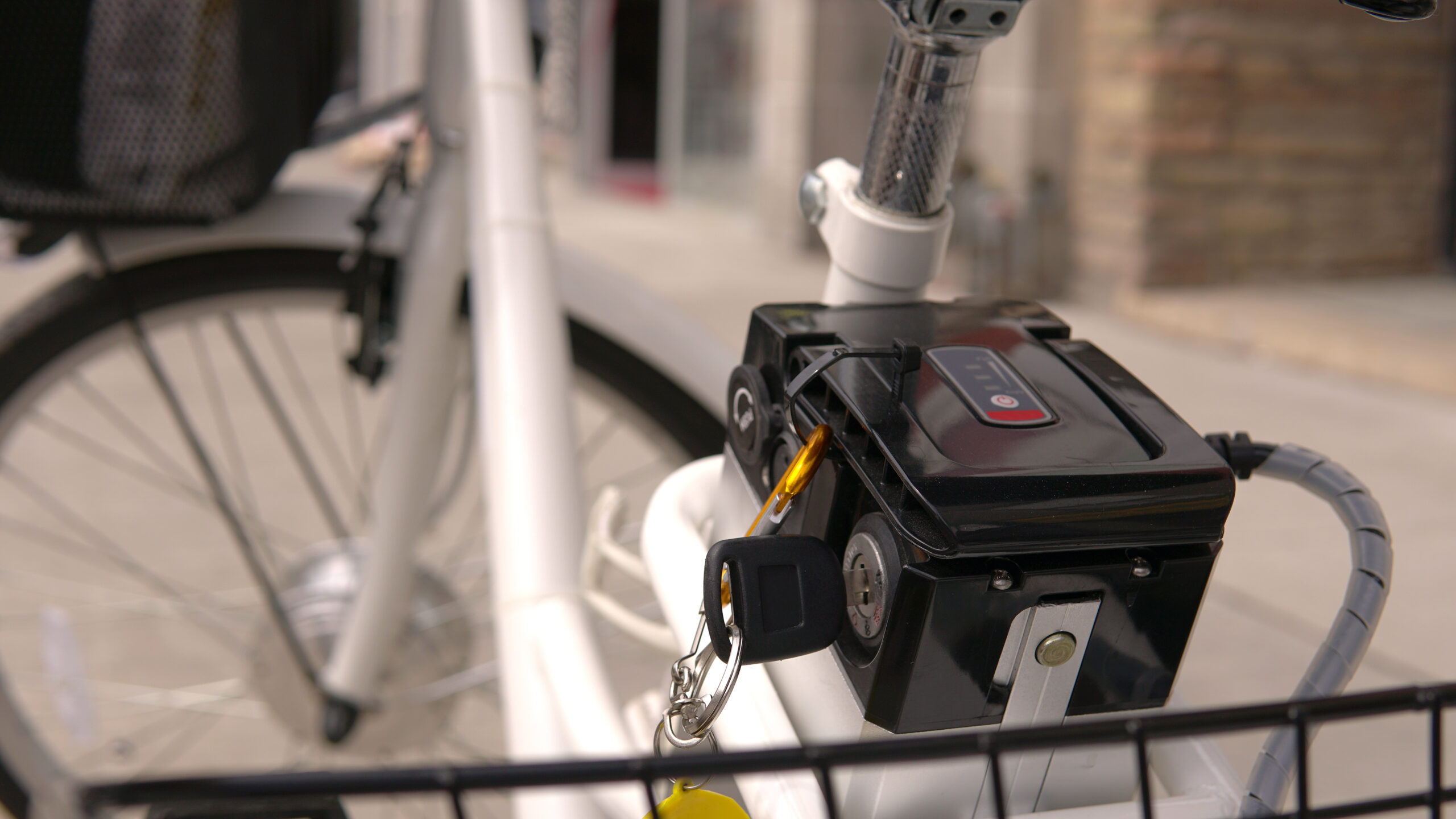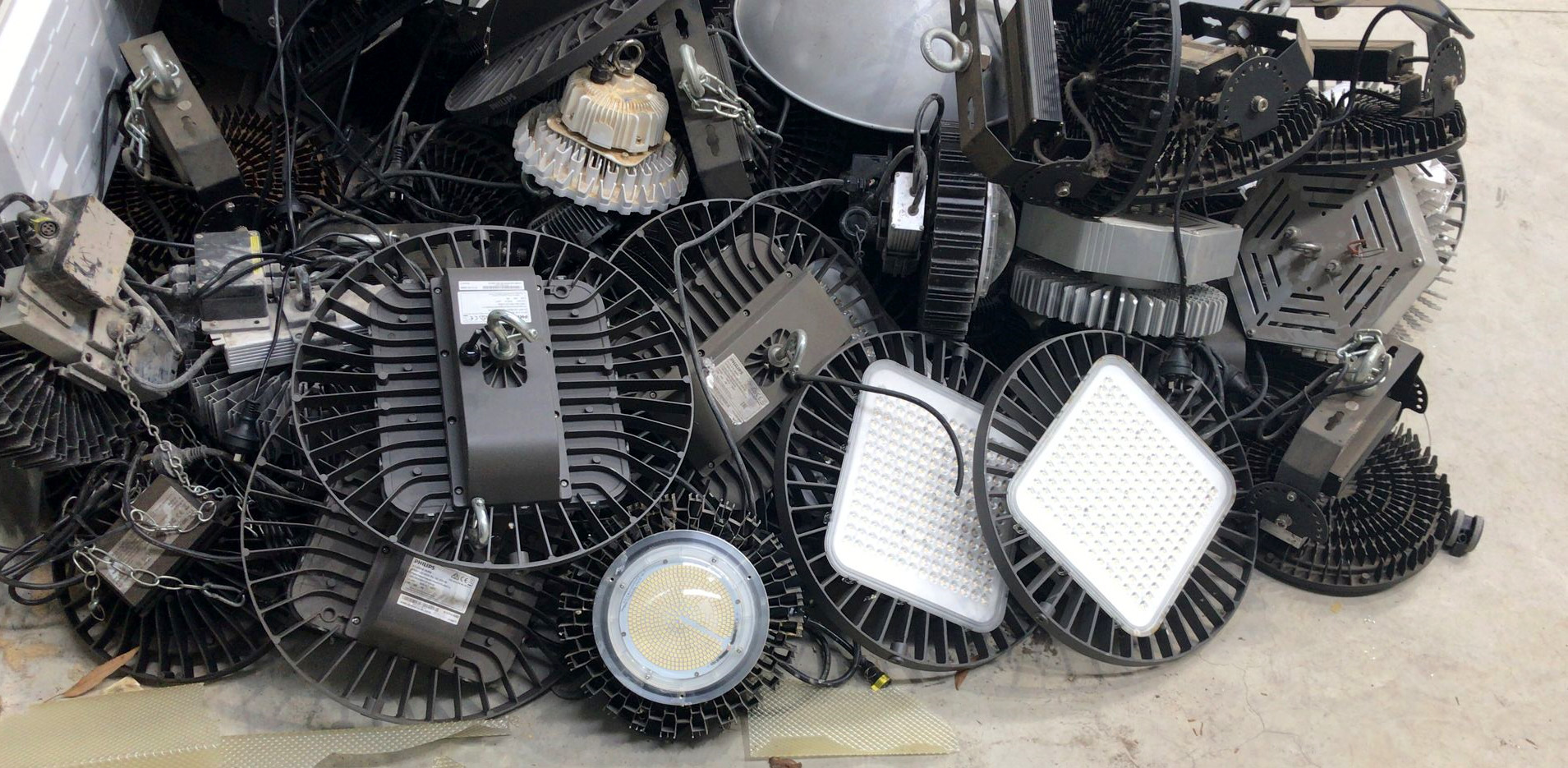Most states and territories in Australia charge levies on waste that goes to landfill. The aim? Less waste to landfill and more to recycling.
Naturally, one would expect the money raised by these levies to be used to support recycling, but that isn’t always (or even often) the case.
Take Victoria as an example – the 2017 State Budget papers showed the state raised $200 million in waste levies. That could have given a huge boost to recycling, but instead most of the money was spent on timber plantations, trams, solar panels for government buildings and metropolitan parks.
Worthy as these causes may be, they do nothing for recycling.
And it has been reported that the New South Wales waste levy subsidised the transport of waste to Queensland, where it was dumped in landfill.
The cost of neglect
The cost of this misspending is now being felt.
China, under its National Sword program, has effectively banned the importation of 24 categories of waste, including metal, plastics and paper.
Australia now has to find a home for over a million tonnes of waste each year, and instead of paying local councils for the contents of kerbside recycling bins, recycling companies are now charging councils to take recyclable waste.
This increased cost briefly saw Ipswich City Council resort to sending the contents of recycling bins directly to landfill. While this raised concerns that many other councils would follow suit, the negative response to Ipswich’s move quickly saw it reverse its decision.
The Queensland Environment Minister Leanne Enoch pointed to their soon to be reintroduced waste levy as a key part of their waste strategy.
A better way
Australia, Europe, the US and UK are all affected by China’s ban on ‘foreign garbage’ and are all learning that we can’t export our way out of our waste problems.
Now we need to take responsibility for what goes on in our own backyard.
While some states are providing councils and the recycling industry with some assistance in dealing with this crisis, the sums involved are a fraction of the hundreds of millions of dollars being raised by waste levies.
So, how should we be spending the money raised by these levies?
A good start would be a public education campaign to reduce the amount of waste (including recyclable waste) that we generate. Upcoming bans on disposable plastic shopping bags are one example.
We need to invest in sorting technologies, many of which are already available, to produce purer, higher value streams of recyclables. We also need to create the manufacturing capability to convert these waste streams into higher value product. Not only will this create jobs, it will also reduce carbon emissions.
And we must create the markets, both domestically and internationally, to utilise recycled product.
Governments can play a leading role here.
For example, recycled glass and some types of plastic can be incorporated into the asphalt used to make roads.
Governments can drive demand by specifying that recycled materials be used in infrastructure projects.
And more companies need to be encouraged to follow the major consumer brands that are working on lifting the recycled content of their packaging.
Looking forward
Another lesson to be learnt from the fallout of the National Sword program is that we need to anticipate problems before they arise.
It was inevitable that China would decide it no longer wanted to be a dumping ground for foreign waste, and it takes time to develop and implement solutions.
The Victorian state government first raised the idea of a complete ban in e-waste to landfill in 2015, but this ban won’t be implemented until 1 July 2019.
In a welcome move, the government will provide $16.5 million to upgrade over 130 e-waste collection sites around the state, and to educate the public on how to recycle e-waste. That’s an appropriate use of a waste levy.
Still, that $16.5 million is a fraction of the total collected in waste levies just in Victoria, and beyond education and collection, further investment will be required in recycling infrastructure and equipment.
The payoff is that jobs will be created, along with opportunities to develop new industries that create and use recycled materials.
Spend it as intended
Ecocycle does not ship waste to China and is not directly affected by the closure of this market.
We are, however, dedicated recyclers committed to supporting a vibrant, diverse and effective recycling industry.
As the undesirable consequences of not developing a home-grown recycling industry mount up, we urge all state and territory governments to ensure that 100% of the waste levies they collect are used to support and transform the recycling industry, and not spent on unrelated activities.






